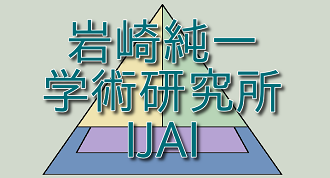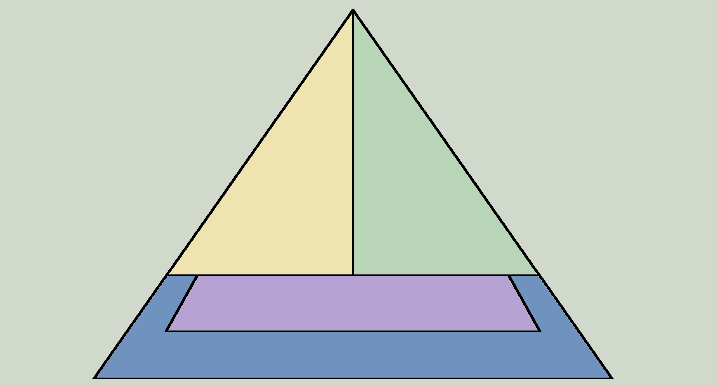Overview of Our Archives [in En, Ja]
Please refer to “Lead Excerpts of IJCA” for the main materials of IJCA.
Overview of the archives and repositories
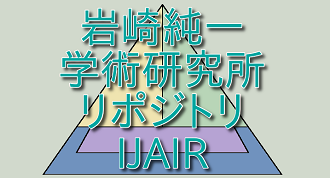
Iwasaki Junichi Academic Institute Repository (IJAIR) is the institutional repository of IJAI. We provide most of Iwasaki Junichi Comprehensive Archive as a free, open access digital archive on our site.
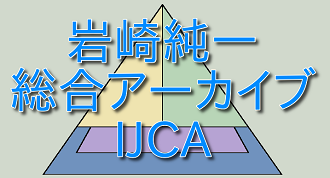
Iwasaki Junichi Comprehensive Archive (IJCA) is a huge archive IJAI owns. We have accumulated materials and knowledge comparable to one university faculty or one small university, centering on the copyrighted works that Iwasaki Junichi and his related members or parties created, and academic materials and classical books that they privately own. The IJDC codes of IJCA are all from [0 sector] to [9 sector].
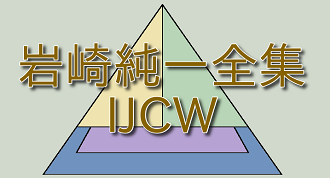
Iwasaki Junichi Complete Work(s) (IJCW) is the copyrighted works of Iwasaki, parts of IJCA. It contains lecture materials at about 50 universities, graduate schools, faculties, departments, etc. The IJDC codes of IJCW are [2 sector].
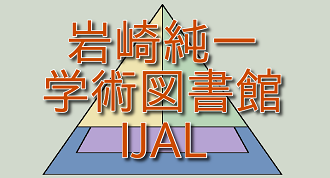
Iwasaki Junichi Academic Library (IJAL) is a collection of books, a part of IJCA, that Iwasaki privately owns. It contains academic materials and classical books that Iwasaki collected or that were donated or entrusted to Iwasaki by universities, faculty members, researchers, shrine maidens, and kado (theory of Japanese waka poem) ladies (many of whom are hired as IJAI staff). The IJDC codes of IJAL are [1 region] of [0 sector] to [9 sector] centering on [6 sector].
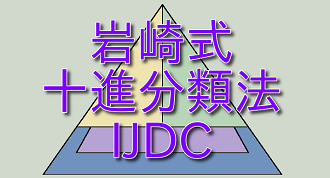
Iwasaki Junichi Decimal Classification (IJDC) is a decimal classification method devised by Iwasaki that regulates the organizational structure of IJAI and the material classification of IJAIR, IJCA, IJCW, and IJAL. Incorporating both of the classic decimal classification method and the latest database system, we aim to be a private academic archive universe where individuals and volunteers develop “comprehensive knowledge”. We explain IJDC in [2 sector 1 region 0 cohort 0 segment].
The triangular symbol mark “Yuishiki Pyramid” that you can see here and there on this site, in IJAIR and IJCA materials, represents the theory of Buddhist consciousness, imitates Mt. Keshigoyama in Iwasaki’s hometown Kibi (Okayama Pref.), expresses the Shinto spirit of the shrine maiden members, and also reveals the mountain massif of knowledge.
These contents are constructed, stored, and published in coherent rules using the original IJDC method (Iwasaki Junichi Decimal Classification) and can be represented with the ten fingers of both hands. The each number (identifier) assigned to the material classification is exactly the same as the number of the team in charge of the material.
In contrast to the management forms of academic metadata and big data (JAIRO Cloud, etc.) that are mainly led and promoted by the National Institute of Informatics and universities, (while observing these forms as examples, being completely independent from these,) our endeavor is also an experiment on the possibilities of private comprehensive academic systems, architectures, and informatics.
Except for some parts such as jQuery, the source code of our sites (HTML, CSS, PHP, JavaScript, etc.) is manually created by Iwasaki. A portion of each web page is dynamically generated, but the page as a whole is similar to a static HTML page. —– Since September 2021, we have used existing CMS on most of our sites, and still the other pages and parts are self-made by Iwasaki.
